
Inclusion is not our biggest challenge, but our greatest untapped opportunity

Inclusion is not our biggest challenge, but our greatest untapped opportunity
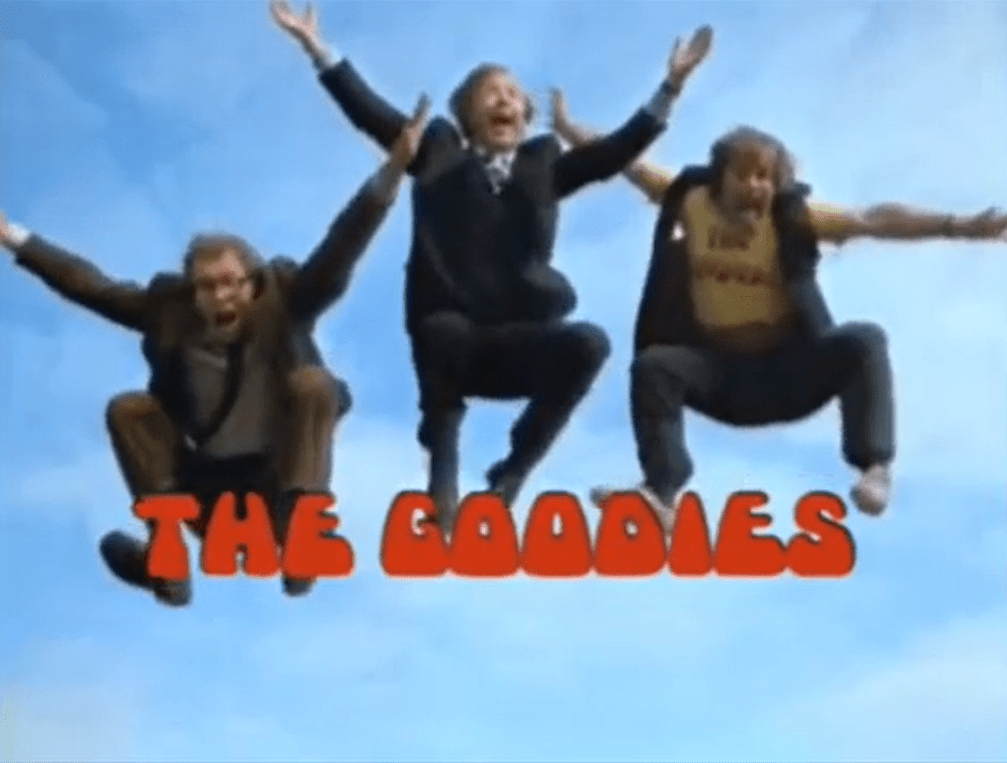
MR WHEELER: Were you expecting a load of timber, Mr Chaplin? TREVOR CHAPLIN: You know me Mr Wheeler, I never expect anything. So when something turns up, that’s a bonus. The Beiderbecke Connection: Hello Sir, Hello Miss by Alan Plater Summer semester. Disappointed academics. Many of whom prepared seminars that attracted audiences of none-ish.
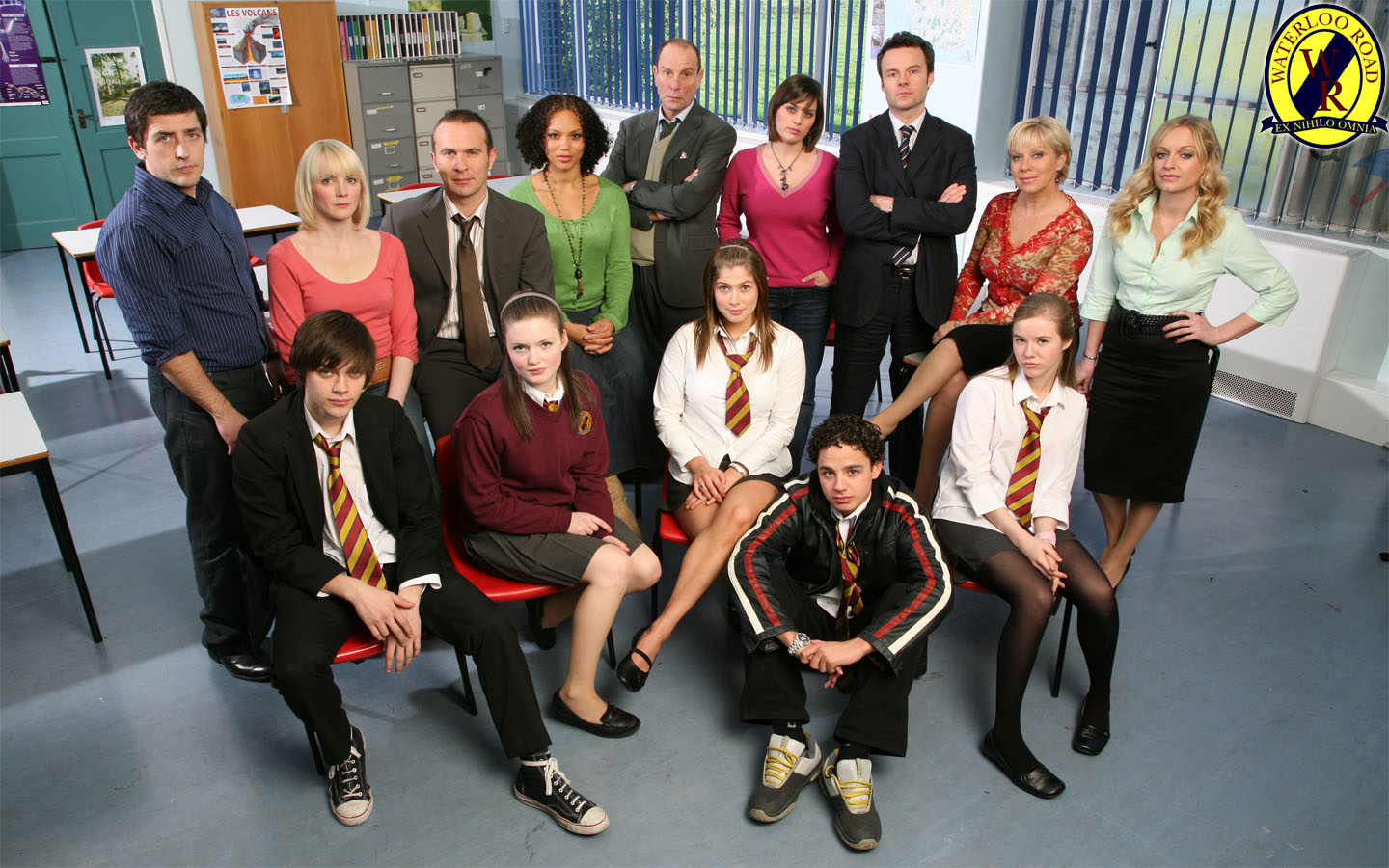
What a couple of days it’s been for a certain type of television-obsessed millennial. Firstly, everyone’s favourite so-bad-it’s-good school drama Waterloo Road is returning, after seven years away, two definitely-demolished locations and a fanbase that definitely aren’t still teenagers. THIS IS NOT A DRILL.

Young audiences have been a buzzword for a while across the entire audiovisual industry. In these digital times – saturated with overproduction of youth content that has never been distributed more easily – the competition for young audiences became a rat race.

I have finally watched Hannibal (NBC, 2013-2015). I binged it in less than a week. If you think that is a good sign, think again. I just wanted to get past it. There was no savouring going on or getting addicted. No. On the contrary: I wanted to finish it as quickly as possible. I thought the programme was utterly – and excuse my lack of a better technical term – naff.
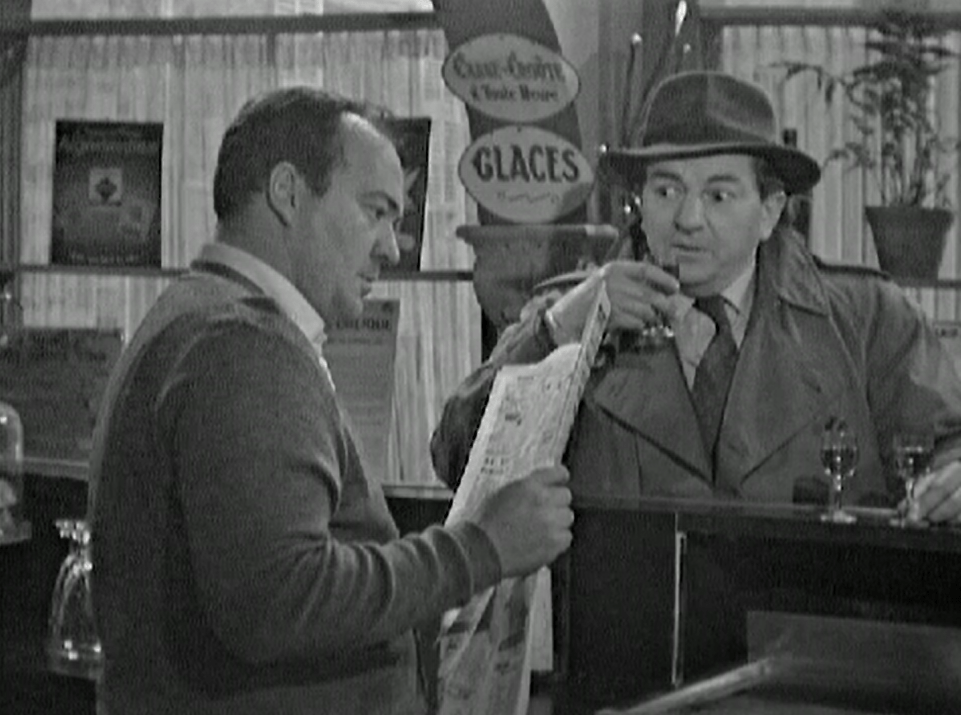
“I thought there were fifty-one episodes of Maigret plus the pilot with someone other than Rupert Davies.
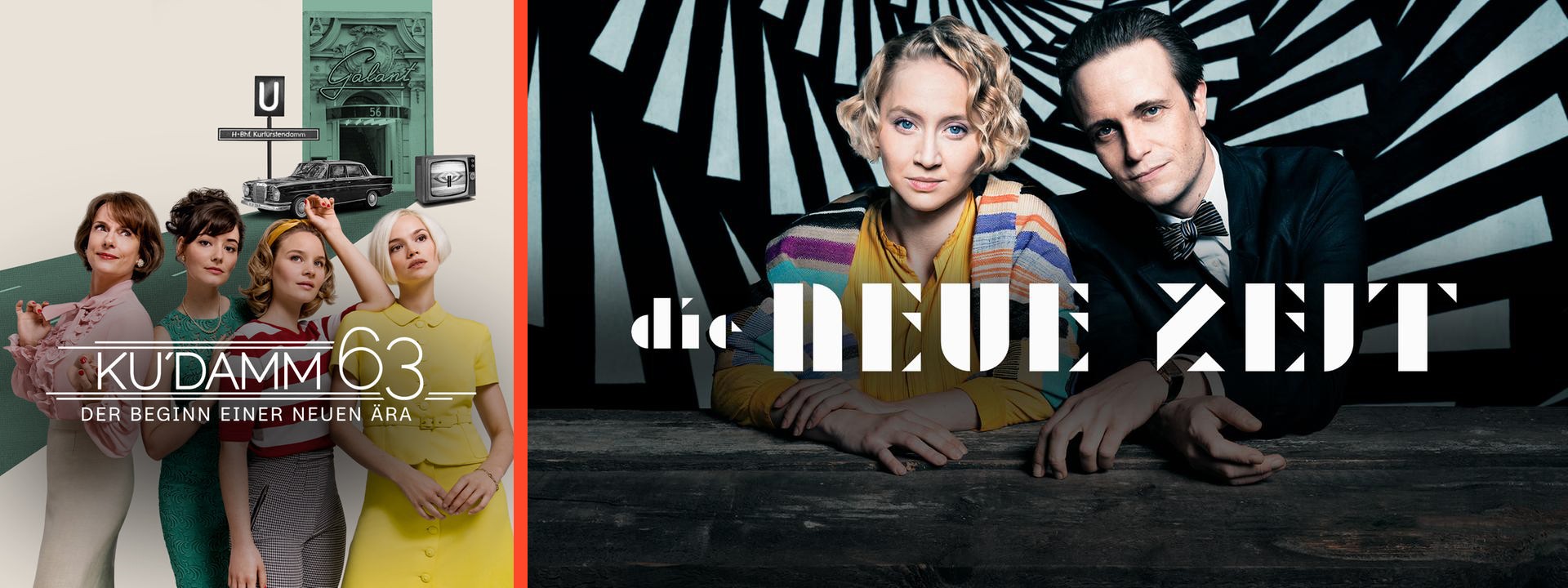
“[W]hen women in the movement use herstory , their purpose is to emphasize that women’s lives, deeds, and participation in human affairs have been neglected or undervalued in standard histories,” wrote the feminist activist Casey Miller and activist/linguist Kate Swift in their publication Words and Women (1976: 135). 40 years later, the goals for equality that second wave feminists like Miller and Swift fought for are far from
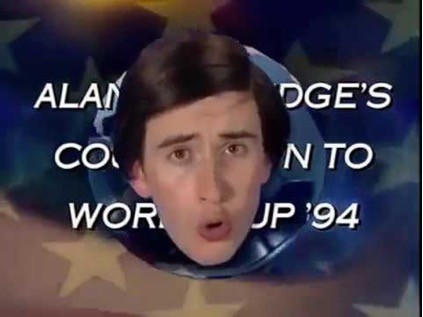
Oh, football. It does rather take over, doesn’t it? As one who has oft written of his dependence on the broadcast schedule, I struggle to comprehend why the commencement of another international sporting competition means I can’t watch Have I Got News for You of a Friday evening.
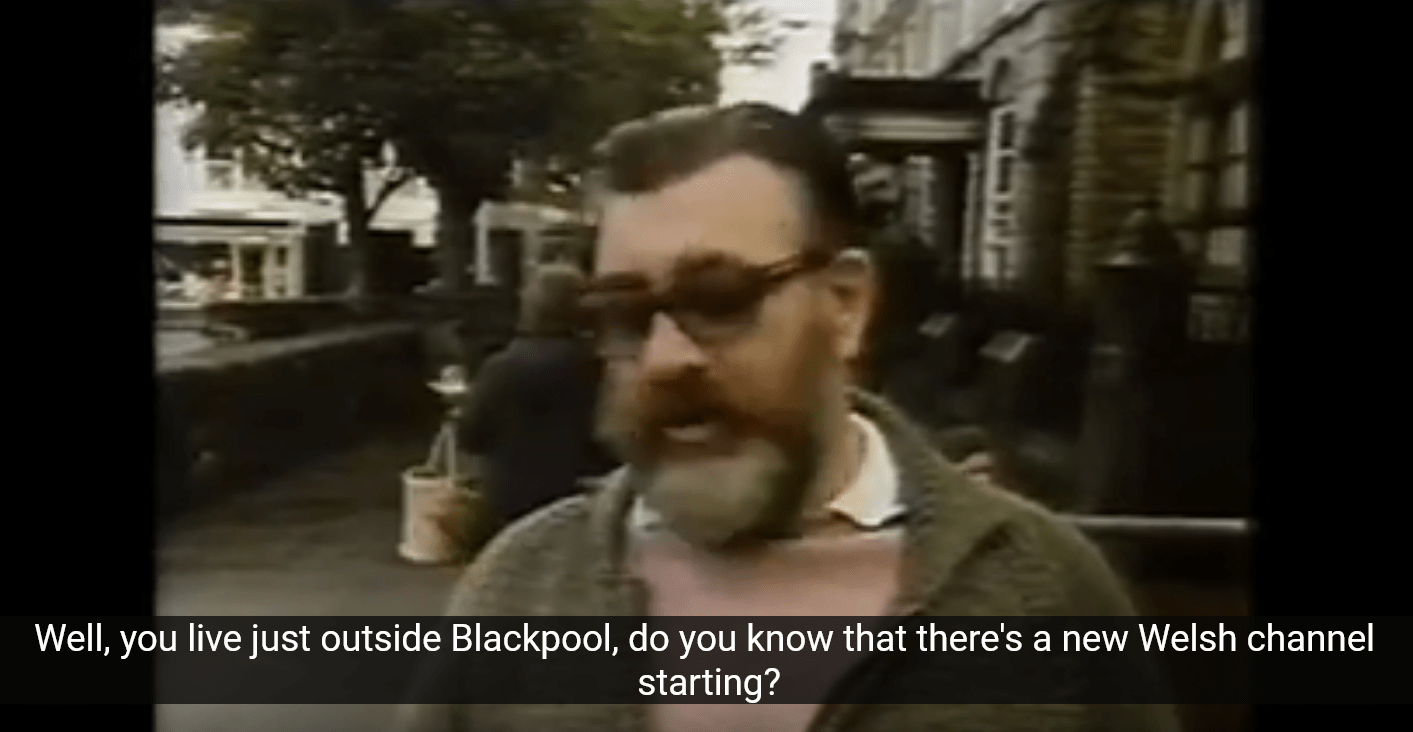
PART IV S4C was launched on November 1, 1982 – the night before Channel 4’s launch – and Euryn Ogwen, as head of programmes was responsible for constructing the new channel’s first hour. I was ten years old, and watching the first hour in the office of my father’s television company, Screen ’82, in Aberystwyth.

So, when I started to think about this post, I initially planned on writing about Zack Snyder’s Justice League , that sweeping superhero epic that dropped on HBO Max this past March.